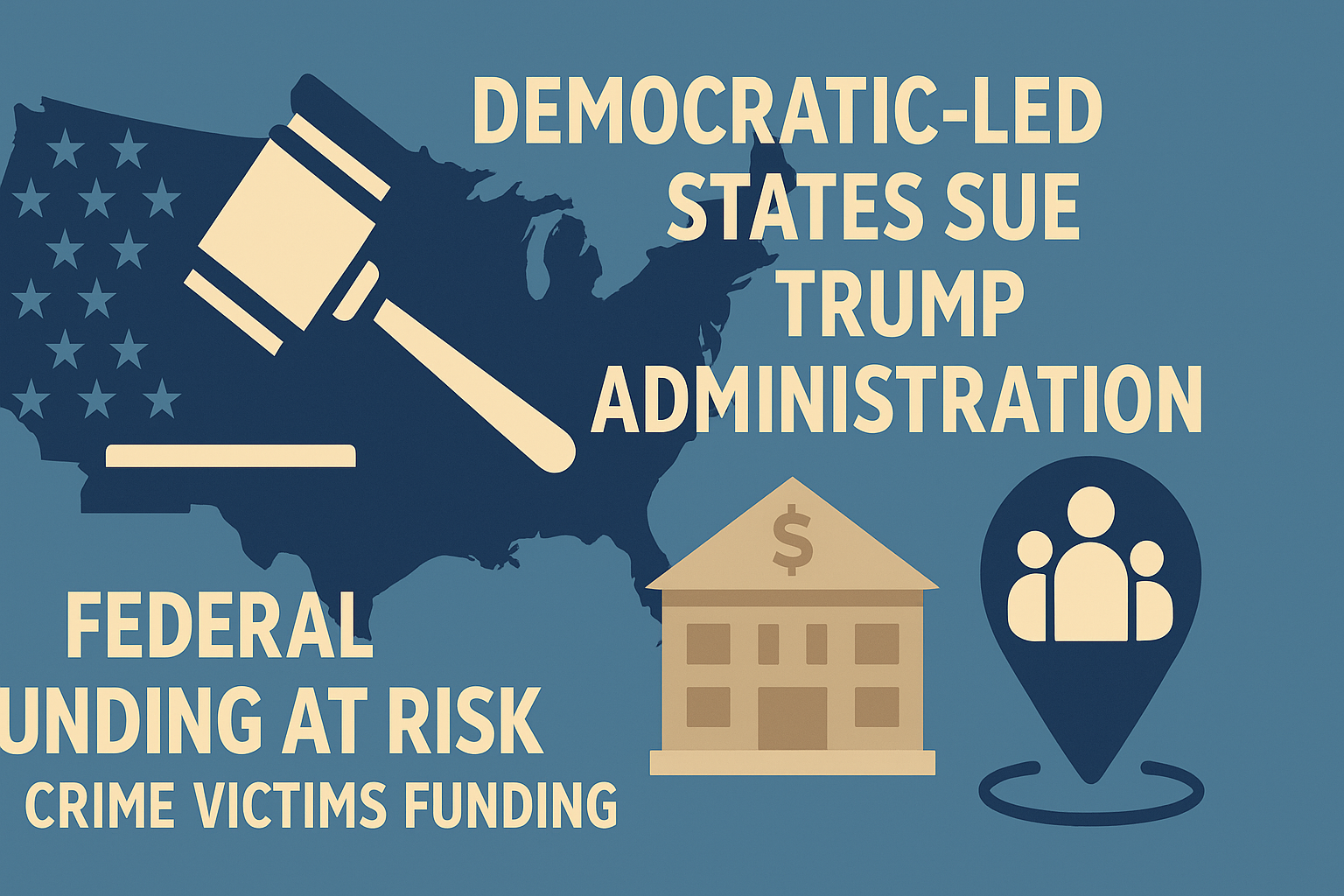A coalition of Democratic attorneys general has filed a lawsuit against the Trump administration, challenging its attempt to impose immigration-related conditions on federal funding meant for crime victims.
The lawsuit, filed on August 18 in Rhode Island, argues that the Justice Department is unlawfully trying to pressure states into aligning with President Donald Trump’s immigration agenda by threatening to withhold critical federal grants.
California Attorney General Rob Bonta denounced the move, saying: “We won’t be bullied or manipulated by the Trump administration.” The lawsuit points out that the administration has repeatedly threatened more than 20 so-called “sanctuary” states, cities, and counties with lawsuits and funding cuts over their refusal to cooperate with federal immigration enforcement.
Trump officials argue that sanctuary policies undermine public safety. In an August 5 statement, Attorney General Pam Bondi said such policies “impede law enforcement and put American citizens at risk by design.” Her office criticized measures such as declining to collaborate with Immigration and Customs Enforcement (ICE), extending benefits to undocumented immigrants, and refusing to share detainee information.
At the center of the dispute is over $1 billion in federal grants created in 1984 to support crime victims. These grants cover expenses such as medical care, funeral costs, and lost wages for survivors, and also fund vital services like counseling, crisis hotlines, legal aid, and emergency shelter.
Democratic states contend that the Trump administration is overstepping its authority by attaching new conditions to funding that Congress has already approved. New Jersey Attorney General Matt Platkin accused the administration of exploiting vulnerable communities: “They are using survivors of gun violence, domestic violence, and sexual assault as political pawns.”
The attorneys general are now asking the court to block the administration from enforcing these restrictions, arguing that the funds are legally designated to assist victims of crime—not to advance immigration enforcement policies.



